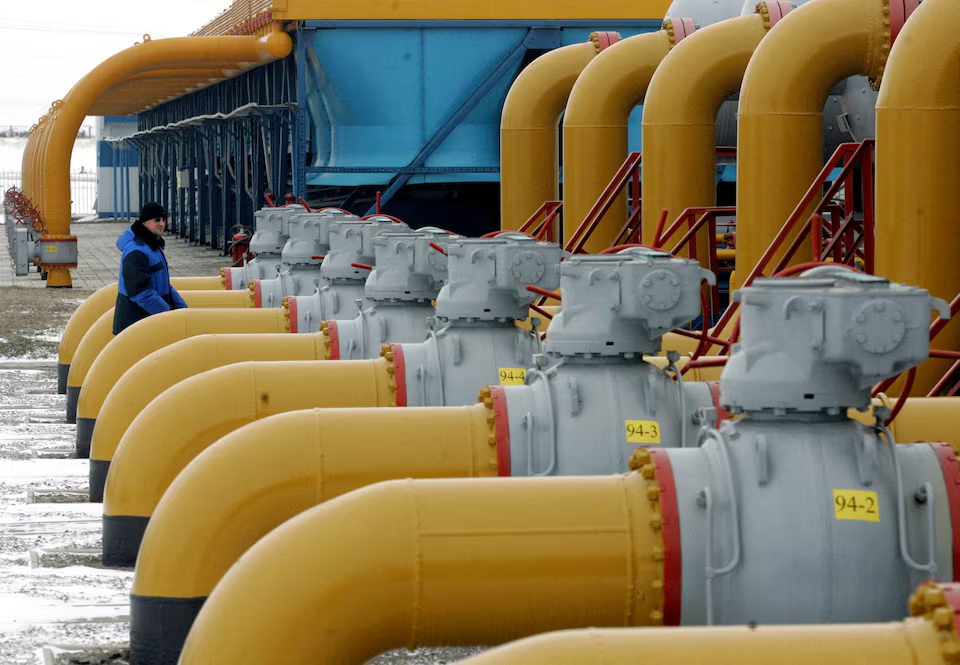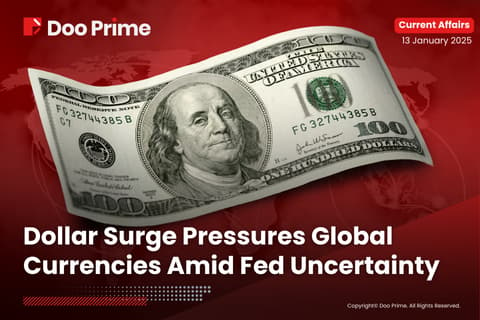TODAY’S NEWS
On January 1, Russian gas exports via Ukraine’s Soviet-era pipelines came to a halt, signaling the end of Moscow’s long-standing dominance in Europe’s energy market. Despite nearly three years of war, gas flows had continued until Gazprom, Russia’s state-owned energy company, confirmed the cessation at 0500 GMT due to Ukraine’s refusal to renew a transit agreement.
The anticipated shutdown is not expected to impact EU consumer prices, unlike the 2022 crisis when reduced Russian gas supplies drove record-high prices, exacerbating inflation and affecting the bloc’s competitiveness. Ukrainian President Volodymyr Zelenskiy described the transit halt as “one of Moscow’s biggest defeats” on Telegram, urging the U.S. to increase gas supplies to Europe to accelerate the transition away from Russian energy. He emphasized the need to support Moldova during its energy transformation.
The European Commission stated that the EU was well-prepared for the cut-off, highlighting reinforced gas infrastructure and increased LNG import capacity from 2022 onward. Over the past two years, the EU has significantly reduced its dependence on Russian gas, sourcing more from Norway, Qatar, and the United States.

Ukraine’s Energy Minister, German Galushchenko, called the end of transit a historic moment, noting that it would result in financial losses for Russia as it loses its European market. However, Ukraine will also face economic challenges, losing up to $1 billion annually in transit fees. To mitigate this, domestic gas transmission tariffs will quadruple, potentially costing Ukrainian industries over 1.6 billion hryvnias ($38.2 million) annually.
Gazprom is expected to lose approximately $5 billion in gas sales. Austria, which experienced a supply suspension from Gazprom in November, is now receiving Russian gas through Slovakia, albeit at significantly reduced volumes. Meanwhile, Slovakia’s main gas buyer, SPP, plans to rely on alternative routes via Germany and Hungary, incurring additional transit costs.
Historically, Russia’s pipeline network supplied a record 201 billion cubic meters (bcm) of gas to Europe in 2018. However, disruptions like the 2022 Nord Stream pipeline sabotage and the closure of the Yamal-Europe pipeline have drastically reduced flows. In 2023, Russia exported just 15 bcm of gas via Ukraine, a sharp decline from the 65 bcm delivered annually under the previous five-year contract that began in 2020.
Other News
Oil Prices Rise Amid Optimism for Growth-Boosting Policy Measures
Oil prices gained more on Friday after closing at their highest in more than 2 months in the prior session due to hopes that governments around the world may increase policy support to revive economic growth that would lift fuel demand.
Tesla’s China Sales Hit Record High in 2024, Defying Global Downturn
US electric vehicle maker Tesla revealed on Friday that its China sales increase 8.8% to a record high of more than 657,000 cars in 2024. Tesla’s sales in this world’s largest auto market also rose 12.8% in December from a month earlier.
South Korea’s November Factory Output Drops More than Expected
The industrial output index (KRIO=ECI) dropped 0.7% over the month on a seasonally adjusted basis, compared to a fall of 0.4% forecast in a Reuters survey of economists.


